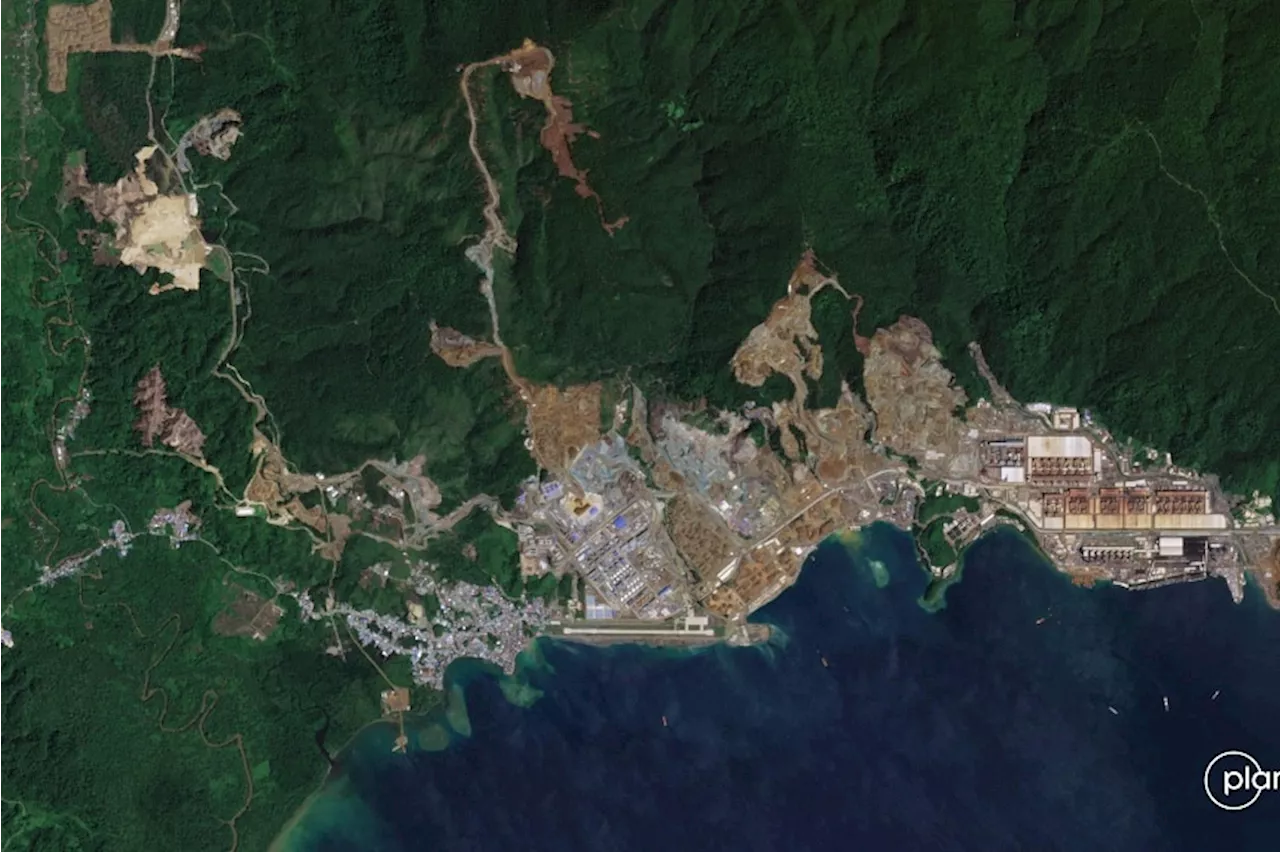United States President Joe Biden is, once again, not attending the ASEAN-US Summit. Though understandable given the upcoming presidential election, the US seems to be losing ground in Southeast Asia amid growing Chinese influence, says this ISEAS-Yusof Ishak Institute researcher.
SINGAPORE: The ASEAN -US Summit and the East Asia Summit will convene in Vientiane, Laos on Friday , but United States President Joe Biden will once again be absent. For the second consecutive year, Biden has opted to send a representative in his place. This year, however, the level of representation has been further downgraded from Vice President Kamala Harris in 2023 to Secretary of State Antony Blinken.
As China’s influence continues to grow in Southeast Asia, the US’ inconsistent participation at these key forums again sends mixed signals. This will undermine its strategic objectives and weaken its credibility in the region.Despite Southeast Asia being frequently highlighted as a key pillar of the US Indo-Pacific strategy, Washington’s actions suggest that ASEAN continues to take a backseat in its broader geopolitical calculations.
While regional security concerns, such as China’s increasing assertiveness and growing threats from North Korea, undoubtedly impact ASEAN countries, the grouping as a whole remains largely sidelined in US’ security considerations despite being at the heart of the Indo-Pacific. Washington’s engagements in the region have been sporadic – in particular, the Indo-Pacific Economic Framework for Prosperity has not gained traction due to its lack of market access.
The US’ internal political dynamics have further contributed to this disengagement. Both the Democratic and Republican parties are currently focused on domestic issues such as inflation, immigration, healthcare and job creation, with bipartisan support largely limited to countering China.
Philippines Latest News, Philippines Headlines
Similar News:You can also read news stories similar to this one that we have collected from other news sources.
 Southeast Asia Outpaces US Markets Amidst Federal Reserve AnticipationSoutheast Asian markets have surged past their American counterparts since late June due to rising expectations of a Federal Reserve policy shift. This has weakened the dollar and strengthened Southeast Asian currencies. The region is projected to surpass the United States in GDP growth for both this year and next.
Southeast Asia Outpaces US Markets Amidst Federal Reserve AnticipationSoutheast Asian markets have surged past their American counterparts since late June due to rising expectations of a Federal Reserve policy shift. This has weakened the dollar and strengthened Southeast Asian currencies. The region is projected to surpass the United States in GDP growth for both this year and next.
Read more »
 Southeast Asia's Forests Face 'Double Whammy' From Climate Change and DeforestationA new study warns that Southeast Asia's forests, rich in biodiversity and vital for both humans and animals, are facing severe losses by 2090 due to a combination of climate change and deforestation. The study projects significant tree cover reductions across all forest types in the region unless policies addressing both climate change and land use change are implemented.
Southeast Asia's Forests Face 'Double Whammy' From Climate Change and DeforestationA new study warns that Southeast Asia's forests, rich in biodiversity and vital for both humans and animals, are facing severe losses by 2090 due to a combination of climate change and deforestation. The study projects significant tree cover reductions across all forest types in the region unless policies addressing both climate change and land use change are implemented.
Read more »
 Southeast Asia and Middle East want more business ties with Hong KongAnalysts speaking at the Belt and Road Summit urged that cooperation between these regions and Hong Kong should be nurtured.
Southeast Asia and Middle East want more business ties with Hong KongAnalysts speaking at the Belt and Road Summit urged that cooperation between these regions and Hong Kong should be nurtured.
Read more »
 Criminal networks in Southeast Asia flourish in Telegram’s ‘underground markets’, UN saysThe app has enabled a change in how organised crime can conduct large-scale illicit activity.
Criminal networks in Southeast Asia flourish in Telegram’s ‘underground markets’, UN saysThe app has enabled a change in how organised crime can conduct large-scale illicit activity.
Read more »
 Six million children in Southeast Asia affected by Yagi disaster: UNICEFBANGKOK: Deadly floods and landslides triggered by Typhoon Yagi have affected nearly 6 million children across Southeast Asia, the UN said on Wednesday (Sep 18), as the death toll from the disaster rose
Six million children in Southeast Asia affected by Yagi disaster: UNICEFBANGKOK: Deadly floods and landslides triggered by Typhoon Yagi have affected nearly 6 million children across Southeast Asia, the UN said on Wednesday (Sep 18), as the death toll from the disaster rose
Read more »
 Southeast Asia's Scam Centers: A Threat to National SecurityThis episode of Asian Insider examines the alarming rise of industrial-scale scam centers in Southeast Asia. Experts discuss the complexities of this criminal industry, including human trafficking, forced labor, and cybercrime. They explore how these heavily guarded operations, often run by Chinese organizations based in countries like Laos, Cambodia, and Myanmar, steal billions from victims globally.
Southeast Asia's Scam Centers: A Threat to National SecurityThis episode of Asian Insider examines the alarming rise of industrial-scale scam centers in Southeast Asia. Experts discuss the complexities of this criminal industry, including human trafficking, forced labor, and cybercrime. They explore how these heavily guarded operations, often run by Chinese organizations based in countries like Laos, Cambodia, and Myanmar, steal billions from victims globally.
Read more »
